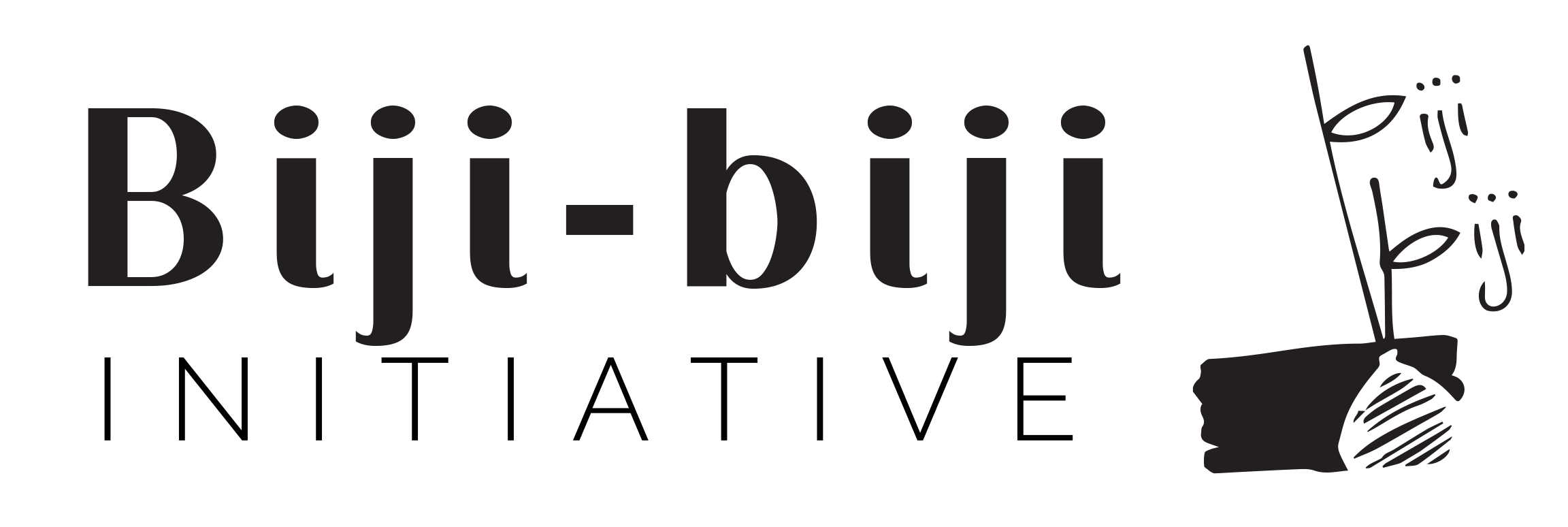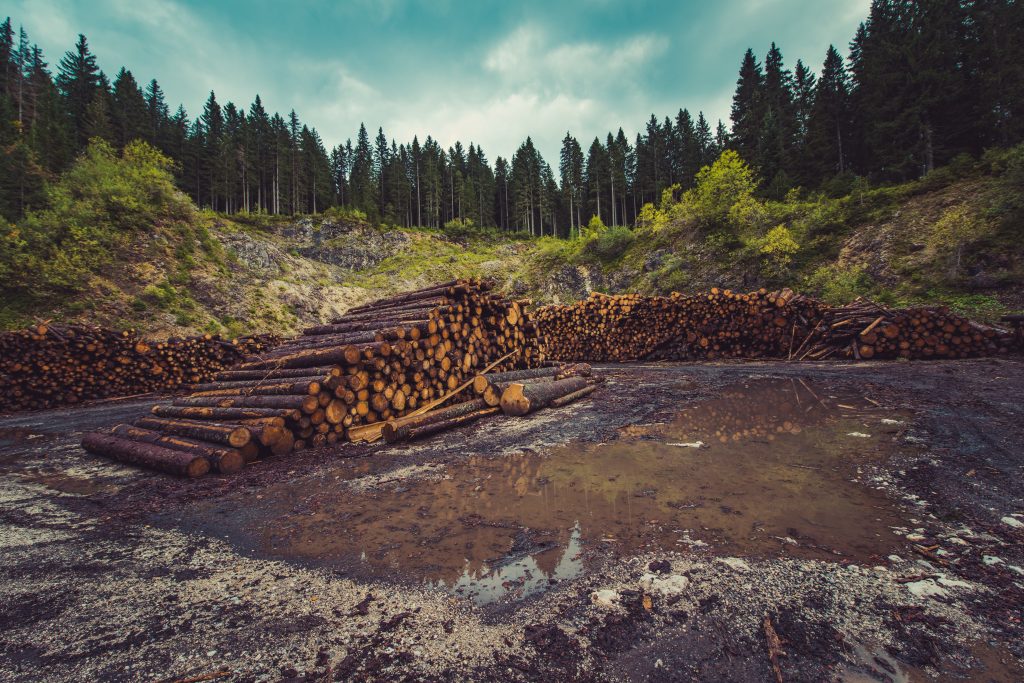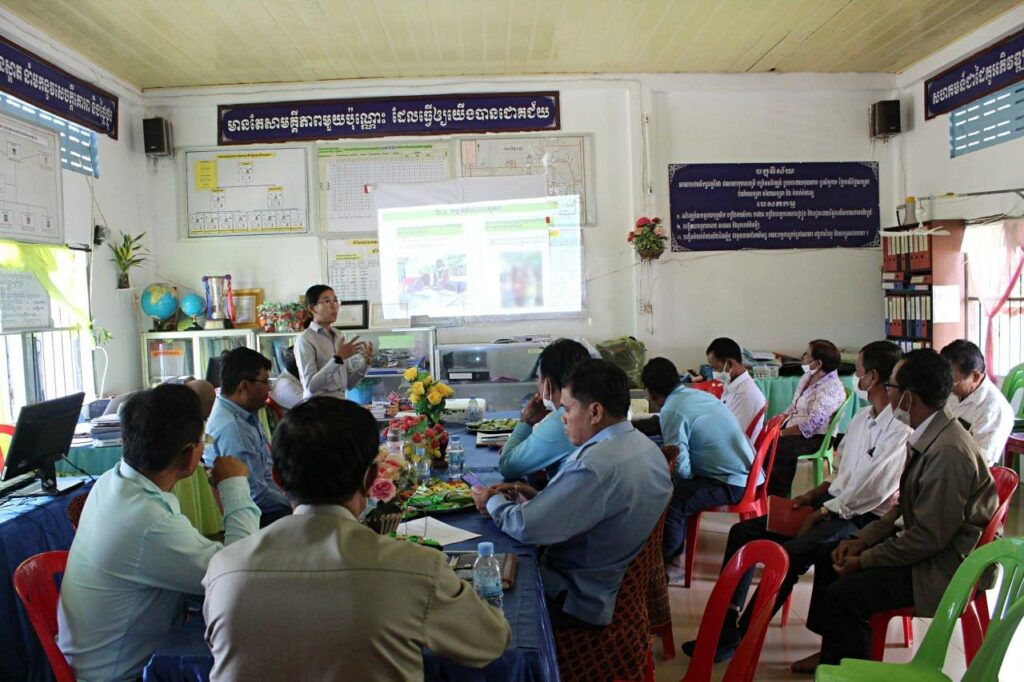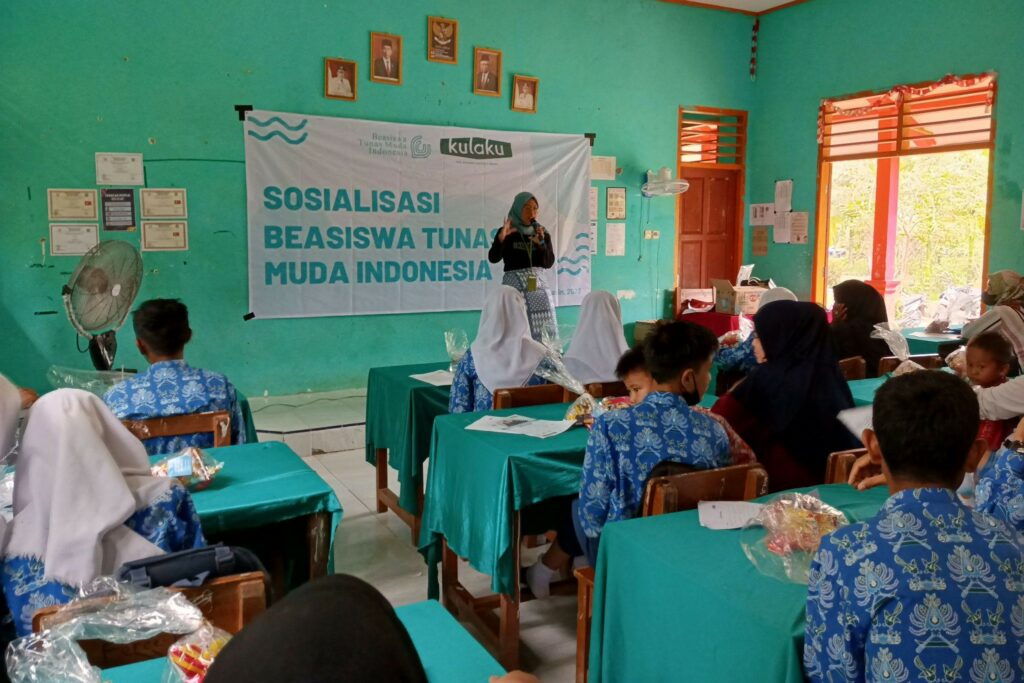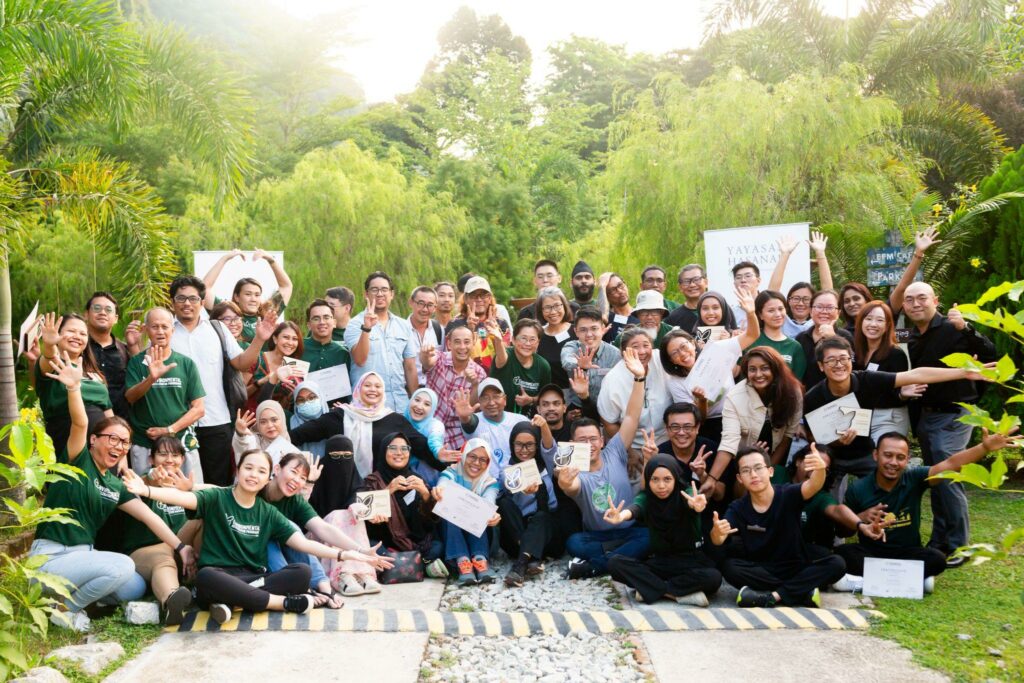Starting from the Industrial Revolution, humanity entered rapid progress and output, leading to our current culture of consumption, convenience, and technological advancement. This modern culture and its stories have brought us unprecedented wealth and comfort. But it has also caused widespread and long-term issues like worsening global temperatures, pollution, and biodiversity loss.
Many climate experts predict the world will fall into irreversible ecological disaster by 2050 if no meaningful changes happen between now and then. As evident from our current environmental dilemma, the modern culture sustaining us is no longer suitable for our present and future. We can choose to ignore the warning signals and repeat old stories. Or, we can choose to create new stories to establish a more suitable culture for our present and future that considers humanity’s wellbeing on a healthy planet.
It’s easy to underestimate the power of stories to help the environment. A common criticism of storytelling is that it is all talk and no action. What difference does it make with one more story in the world? Does it reduce climate change? Does it help save turtles? Does it help preserve the forests? Words don’t do jackshit against reality.
True, a story does not directly protect a turtle, defend a forest, and help reduce climate change. But environmental issues like climate change and biodiversity loss are human problems. We, humans, triggered these problems, and we, humans, will be the ones who will need to do the work to clean up the mess. And because we currently do not have enough people working to help turtles, forests, and climate change, we’ll need stories to bring people along and start getting people to work. The purpose of stories is to bring humans to the clean-up faster because we cannot save the world alone.
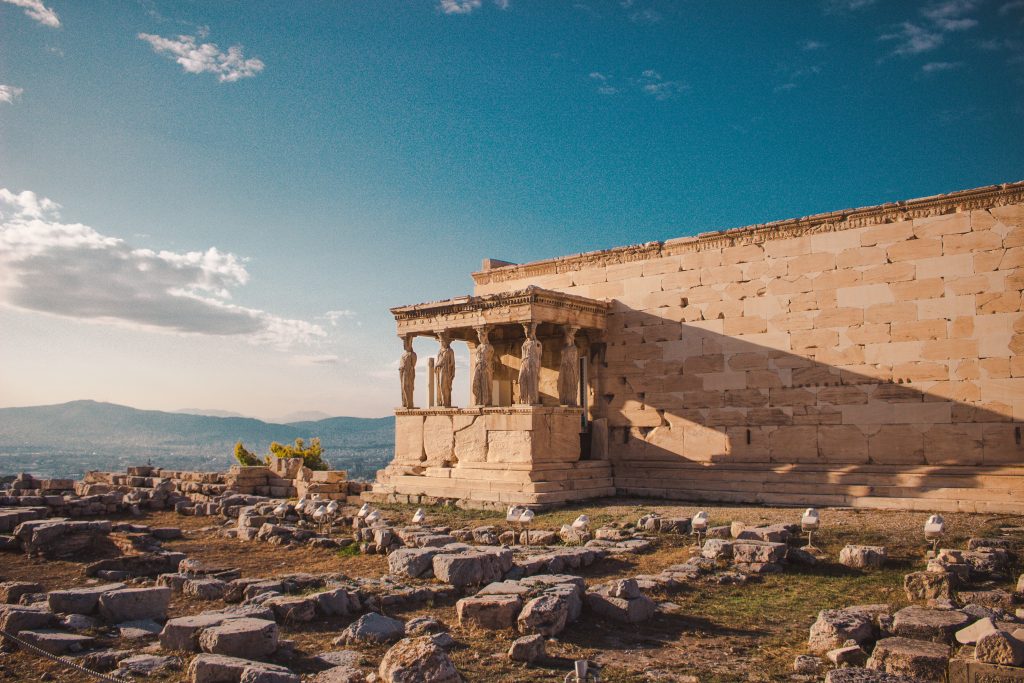
Stories have always been responsible for progressing humanity, and they are historically among humankind’s most practical inventions in governing the behavior of large groups of people. The power of stories lies in their ability to hold valuable ideas and meaning that can transcend and interlink generations. They help establish a common language for humans to conduct large-scale cooperation.
As its believers and audience grow, a story’s influence also grows. When a large enough group of people share and believe in the same story, a somewhat vague and imagined narrative can turn into tangible, concrete reality. These transformed stories can exist in the form of norms, cultures, values, and even nations, and they are so powerful that they can influence our behaviors, give meaning to our lives, and become our way of life.
For instance, a nation like Malaysia forms when people living within its borders believe in its existence and independence. Proud Malaysians also wear the ‘Malaysian Culture’ as their identity, sharing and advocating for it wherever they go.
Here is an imagined story we hope to turn into reality: a future where nature and human progress are in balance, and there’s no environmental crisis.
Following the logic of shared stories, to turn this incredible vision into a reality, we’ll first need to share everyday stories that illustrate the possibility and hope of this future world. When people start sharing and believing in these stories, we may begin to create a new norm or culture that prioritizes sustainable living.
Each story will serve as a beacon of hope to our fellow human beings, saying, “Don’t worry, I got your back. Let’s do this together!” And perhaps with enough stories, we may feel less lonely, more supported, and more confident of finding success in helping our environment.

You may now be thinking, how can I create new stories for our environment when I’m not a storyteller?
We may not realize it, but we are all storytellers. We present and consume stories every day through conversations, films, music, books, YouTube videos, food, touch, and such. A story is just a series of events or ideas told through different communication forms that convey meaning and invoke our emotions and senses. Hence, there’s no definition to what our stories about the environment can be – they can be a conversation with friends or family, a social media post, an essay, a movie, a documentary, a song, a painting, or even a culinary dish. It is really up to our creativity and imagination.
Ultimately, we want to share stories that can make people around us care about the environment. So our goal here is to increase the likelihood of our stories being heard and utilized.
And perhaps with enough stories, we may feel less lonely, more supported, and more confident of finding success in helping our environment.
Sean Ng, Kitarr
Here are some tips on sharing that can hopefully make our stories about the environment more useful.
- Make your stories personal. Leverage your stories with existing social trust and connections.
- Share nicely, and share how you would like others to share with you. Be charismatic, be kind, and be genuine. Be empathetic. Be encouraging. A smile and kindness go a long way.
- Share information or ideas that you find inspiring to encourage yourself or people around you to do good. Better still, share your leadership by example.
- Be a listener. All stories need an audience. Without one, stories won’t exist in the first place. If you don’t feel comfortable sharing your own stories yet, be open to listening and accepting other people’s stories.
- Be courageous. Don’t be afraid to try and share what’s meaningful to you.
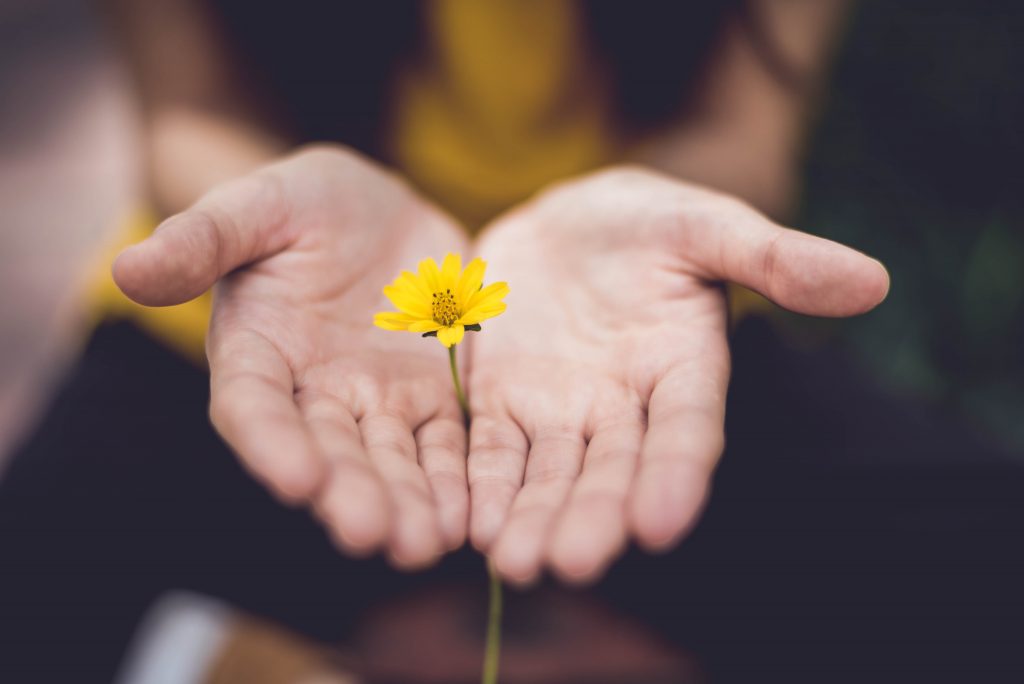
It’s easy to remain willfully blind to the downsides of our current culture and wait for others or, perhaps, some supernatural force to save us. But while we wait, our ecological state worsens, meaningful change stalls and new possibilities will not happen.
We should not wait; we need to act now and share our stories about the environment with the people around us, as a good story can lead to limitless possibilities for good. Stories of old can change and new stories have always replaced them. We have seen it time and time again. From horse carriages of the 1800s to gas-guzzling cars of the 1900s to the efficient electric vehicles of the 2000s, technology, stories, and culture have changed based on the needs of the time. It’s not impossible to make a new and better story about the environment to guide our decisions for the rest of the 21st century.
I’ll end this story with a few words by bestselling author Ryan Holiday in his book Stillness is the Key on ending destructive cycles and beginning healing processes.
Give more.
Give what you didn’t get.
Love more.
Drop the old story.
Try it, if you can.
And P.S.: You can do it! Good luck!
About the Author

Sean Ng is the co-founder of Kitarr, a startup focusing on humanistic solutions towards environmental and personal sustainability. Kitarr runs a communication platform and Instagram community to share ideas, stories, and perspectives about the environment and life. Sean loves film and firmly believes that we have the power for change. Learn more about Kitarr here.
